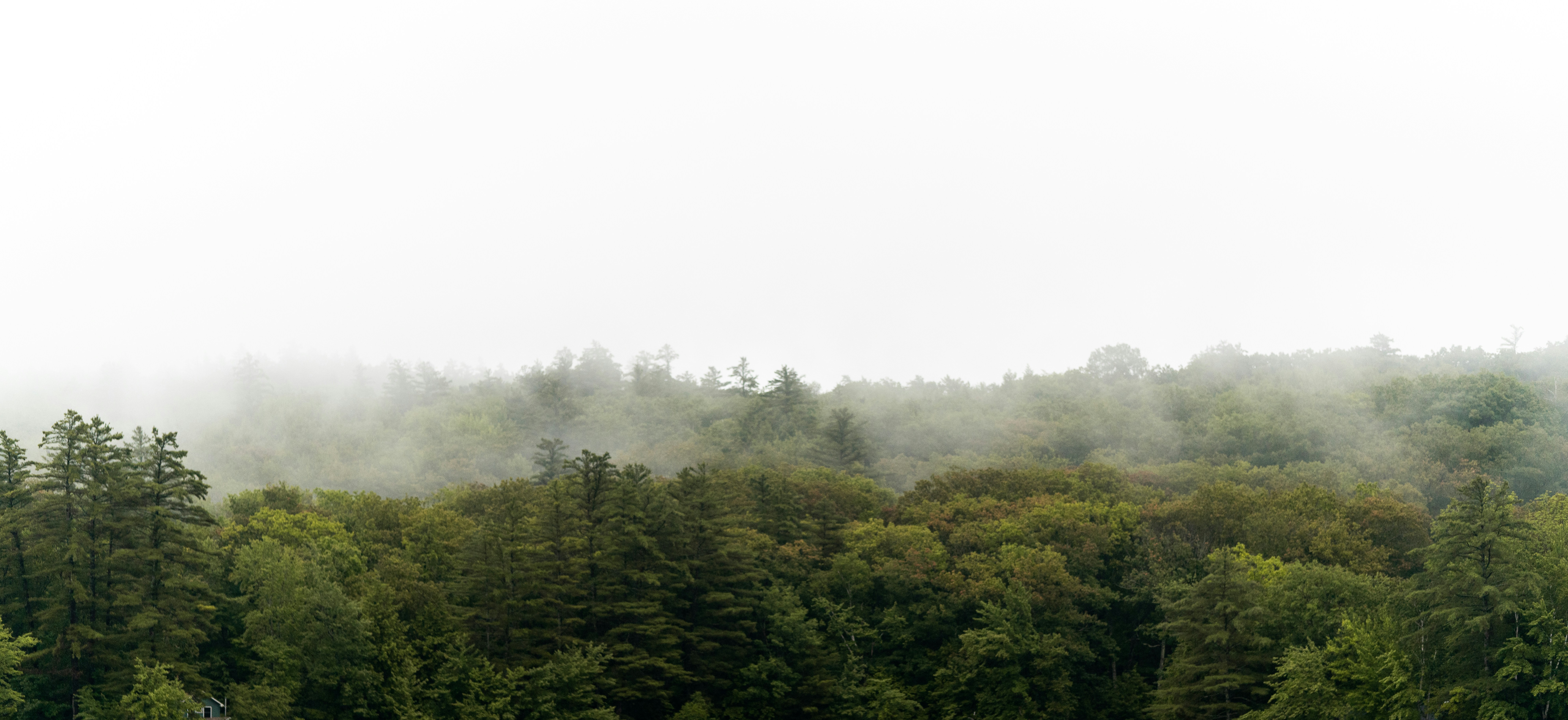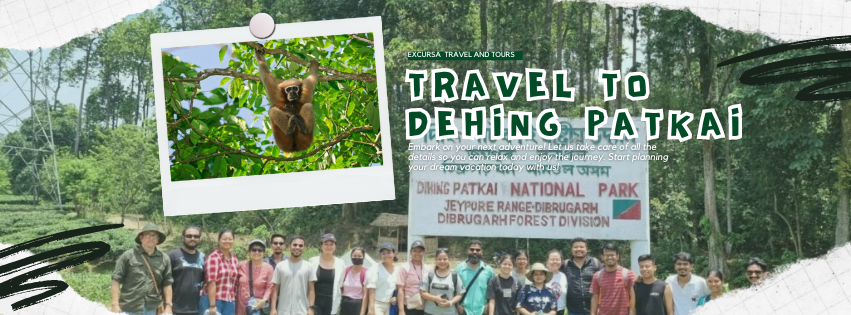

Dehing Patkai National Park, often referred to as the "Amazon of the East," is a stunning area of biodiversity located in the northeastern state of Assam, India. This national park, established in 2020, covers an area of approximately 234.26 square kilometers and is part of the larger Dehing Patkai Elephant Reserve.
Geography and Climate
Dehing Patkai National Park is situated in the eastern Himalayan biodiversity hotspot and spans the districts of Dibrugarh, Tinsukia, and Sivasagar in Assam. The region is characterized by its tropical wet evergreen forests, lush greenery, and diverse landscape, which includes hills, rivers, and dense forests. The park receives high rainfall throughout the year, which supports its rich vegetation and thriving ecosystem.
Flora and Fauna
The park is home to a wide variety of flora and fauna, making it a vital conservation area. The flora includes tropical wet evergreen forests, moist deciduous forests, and semi-evergreen forests, with a remarkable diversity of plant species, including many rare and endemic varieties. Key plant species include Hollong, Mekai, Nahar, and Bolong.
Dehing Patkai is also a haven for wildlife enthusiasts. It hosts a variety of mammals, birds, reptiles, and insects. Some of the notable mammal species found here include the endangered Hoolock Gibbon, Asian Elephant, Bengal Tiger, Clouded Leopard, Leopard, and various species of deer. The park is a birdwatcher's paradise, with over 300 species of birds recorded, including the Great Hornbill, White-winged Duck, and various species of woodpeckers and kingfishers.
Conservation Efforts and Challenges
The establishment of Dehing Patkai National Park was a significant step towards preserving its unique biodiversity. However, the region faces challenges such as illegal logging, mining, and encroachment, which threaten its delicate ecosystem. Conservation efforts are ongoing, with the involvement of government agencies, local communities, and environmental organizations working together to protect this vital habitat.
Cultural and Historical Significance
The park is not only important for its natural beauty and biodiversity but also holds cultural and historical significance. It is home to several indigenous communities who have lived in harmony with the forest for generations. The region also has historical relevance, with remnants of World War II still found in the area, such as abandoned airstrips and bunkers.
Tourism and Accessibility
Dehing Patkai National Park offers visitors an opportunity to experience the pristine beauty of Assam's rainforests. While the park is not as developed for tourism as some other national parks in India, it provides a unique experience for nature lovers and adventure enthusiasts. Visitors can enjoy activities such as trekking, bird watching, and exploring the diverse flora and fauna. However, tourism is regulated to minimize the impact on the environment and the wildlife.
In summary, Dehing Patkai National Park is a vital area of natural beauty and ecological significance. Its rich biodiversity and unique ecosystem make it an essential site for conservation efforts, ensuring the protection of its incredible flora and fauna for future generations.
Discover the wonders of Morocco with our knowledgeable guides and curated tours to iconic destinations.
Embark on thrilling activities like hiking in the Atlas Mountains or camel trekking in the Sahara desert.
Indulge in the flavors of Assam with traditional dishes from local markets and restaurants.